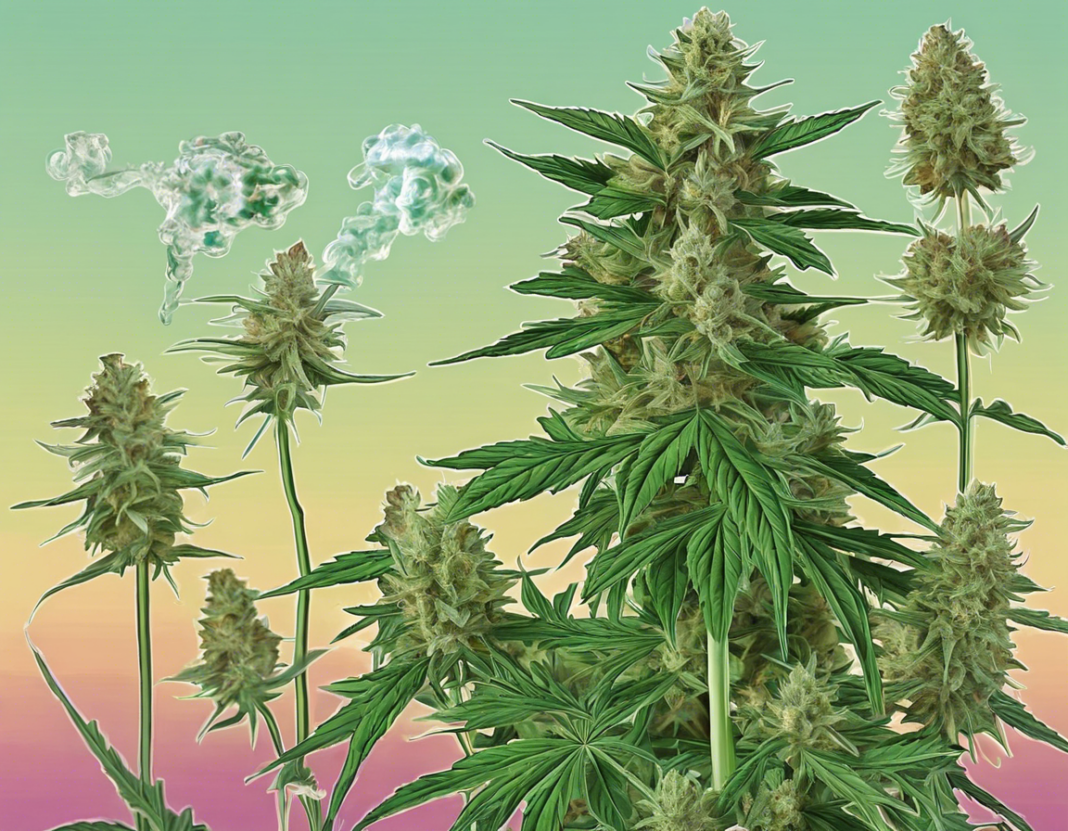Introduction
THC-O, also known as THC-O acetate, is gaining popularity in the world of cannabis due to its potent psychoactive effects. Unlike its well-known cousin THC (delta-9-tetrahydrocannabinol), THC-O is a synthetic cannabinoid that is significantly more potent, providing users with a unique and intense high. In this article, we will delve into the effects and experiences of THC-O, exploring what sets it apart from other cannabinoids and how it can impact users.
What is THC-O?
THC-O is a synthetic cannabinoid that is derived from delta-8-tetrahydrocannabinol (THC) through a chemical process known as acetylation. This process modifies the molecular structure of THC, making it more potent and potentially more psychoactive. THC-O is believed to be up to 300% stronger than traditional THC, leading to more intense effects when consumed.
How Does THC-O Work?
Like THC, THC-O interacts with the endocannabinoid system in the body, specifically targeting the CB1 receptors in the brain and central nervous system. By binding to these receptors, THC-O can produce a range of psychoactive effects, including euphoria, relaxation, and altered perception. However, due to its increased potency, THC-O may induce more intense and longer-lasting highs compared to traditional THC.
Effects of THC-O
- Intense Euphoria: Users of THC-O often report experiencing intense feelings of euphoria and happiness, which can be more pronounced than with regular THC.
- Enhanced Relaxation: THC-O may have strong sedative effects, leading to deep relaxation and feelings of calmness.
- Altered Perception: Some users describe changes in their sensory perception when consuming THC-O, such as enhanced colors or distorted sound.
- Increased Duration: The effects of THC-O are reported to last longer than traditional THC, with some users experiencing a high that can persist for several hours.
Potential Risks and Considerations
While THC-O can offer unique and potent effects, it is essential to consider the potential risks associated with this cannabinoid. Due to its increased potency, consuming THC-O in high doses can lead to overwhelming experiences, including paranoia, anxiety, and impaired coordination. Additionally, the long-term effects of THC-O on health are not well understood, and more research is needed to assess its safety profile.
Experiences with THC-O
Individual experiences with THC-O can vary significantly depending on factors such as dosage, tolerance, and personal chemistry. Some users may find THC-O to be a profound and enjoyable experience, while others may feel overwhelmed by its intensity. It is crucial to start with a low dose of THC-O and gradually increase it to determine your tolerance level and preferred effects.
FAQs about THC-O
1. What is the legality of THC-O?
Answer: The legality of THC-O varies by jurisdiction, with some countries considering it a controlled substance due to its synthetic nature.
2. Can THC-O cause addiction?
Answer: Like other cannabinoids, THC-O has the potential for addiction, particularly with frequent and high-dose use. It is essential to use it responsibly and be mindful of developing dependence.
3. How is THC-O consumed?
Answer: THC-O can be consumed through vaping, dabbing, or tinctures. Due to its potency, it is crucial to start with small doses to avoid adverse effects.
4. Are there any medical benefits of THC-O?
Answer: While some users report therapeutic effects from THC-O, such as pain relief or anxiety reduction, more research is needed to confirm its medical benefits.
5. Is it safe to drive after consuming THC-O?
Answer: Driving under the influence of THC-O or any psychoactive substance is dangerous and illegal. It is essential to wait until the effects have worn off before operating a vehicle.
Conclusion
THC-O offers a unique and intense psychoactive experience for users seeking potent effects beyond traditional THC. While its high potency can lead to powerful euphoria and relaxation, it is crucial to approach THC-O with caution and awareness of its risks. By understanding how THC-O works, its effects, and potential considerations, individuals can make informed decisions about incorporating this cannabinoid into their cannabis experiences.








